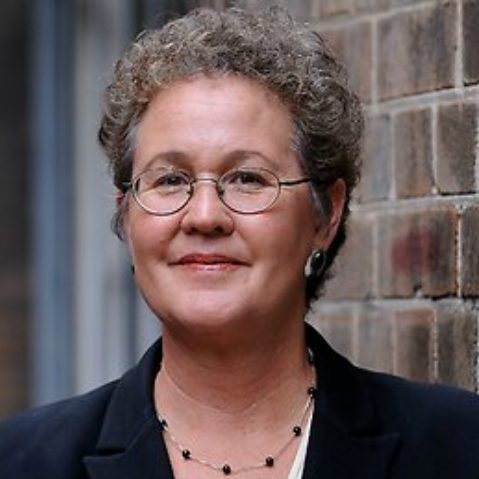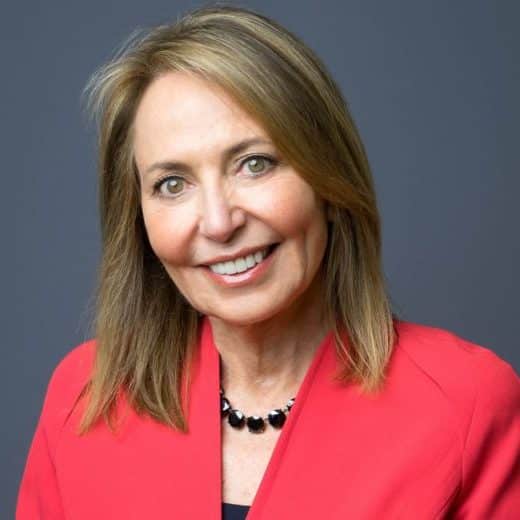Access Symposium 2021 video recordings, slides, and other resources shared by presenters by clicking the links below.
Day 2 Opening Keynote Plenary
11:00 AM – 11:45 AM ET
Transforming Toward Equity-Centered, Whole-Child Personalized Learning
To achieve the transformation we need today, education systems must be willing to embrace and act on implementing the scientific research that describes how children learn and develop. The science of learning and development shows that building each child’s knowledge and skills —and, ultimately, expressing each student’s full potential—can be significantly influenced through powerful, personalized, culturally-affirming learning environments that focus on whole-child design. Today, insights from brain science align with what many parents want for their kids, and what many teachers have been saying for years: that we can create a system that recognizes all children as individuals, a system that values their assets and supports them to see a future where they can excel in myriad ways.
Although an education system should aim to give every student opportunities to learn and thrive, our current education system has not been designed to do that. It has not been designed to promote the equitable opportunities or outcomes that children and families deserve and that our democracy and society need now. Our system was designed for a different world and to a different purpose—to prepare students en masse for presumed places in society. In that world, it was believed that talent and skills were scarce, that averages were a measure of individuals, and racist beliefs and stereotypes shaped the system such that only some children were deemed worthy of and offered opportunity.
Join this keynote conversation to learn about transforming education systems toward equitable, whole-child personalized learning through five actionable design principles that can become the foundation for a new approach to education in your learning community (from the Design Principles for Schools: Putting the Science of Learning and Development Into Action playbook):
- Positive Developmental Relationships
- Environments Filled with Safety and Belonging
- Rich Learning Experiences and Knowledge Development
- Development of Skills, Habits, and Mindsets
- Integrated Support Systems
These design principles do not suggest a single design or model, but rather systemic change that supports equity for all students and the development of the full set of skills, competencies, and mindsets that young people need to live, have choice and voice and thrive.

Linda Darling-Hammond, President and CEO, Learning Policy Institute; Charles E. Ducommun Professor of Education Emeritus, Stanford University
Linda Darling-Hammond is the Charles E. Ducommun Professor of Education Emeritus at Stanford University and founding president of the Learning Policy Institute, created to provide high-quality research for policies that enable equitable and empowering education for each and every child. She is past president of the American Educational Research Association and author of more than 30 books and 600 other publications on educational quality and equity, including the award-winning book: The Flat World and Education: How America’s Commitment to Equity Will Determine Our Future. In 2006, she was named one of the nation’s ten most influential people affecting educational policy. She led the Obama education policy transition team in 2008 and the Biden education transition team in 2020. She was appointed President of the California State Board of Education in 2019.

Pamela Cantor, M.D., Founder & Senior Science Advisor, Turnaround for Children
Pamela Cantor, M.D. is a child and adolescent psychiatrist, author, and thought leader on human potential, the science of learning and development, and educational equity. In the aftermath of the 9/11 attacks, she founded Turnaround for Children, which translates scientific insights into tools and services that help educators establish the conditions for all students to thrive. In two books published in 2021, Whole Child Development, Learning and Thriving: A Dynamic Systems Approach and The Science of Learning and Development, Dr. Cantor crystallizes key scientific concepts about how human potential and learning unfold so that anyone seeking to open pathways for learning and opportunity for young people can do so. Dr. Cantor is a governing partner of the Science of Learning and Development Alliance, focused on elevating the science of learning and development as an actionable driver of equity in education. She received an M.D. from Cornell University, a B.A. from Sarah Lawrence and was a Visiting Scholar at the Harvard Graduate School of Education.
Day 2 Sessions
12:00-1:00 PM ET – Breakout Sessions
1:15-2:15 PM ET – Breakout Sessions
Calling the Equitable Open System into Existence: How Colorado School Districts Partnered with their Students, Families, and Community Members to Create DEI Taskforces to Move from Talk… to Action
2:30-2:40 PM ET – Ignite Sessions
